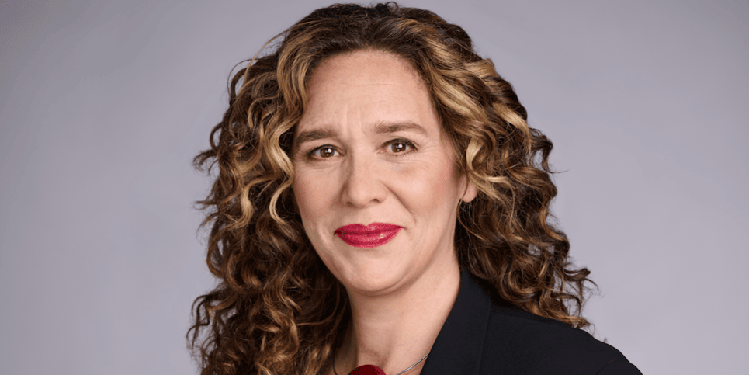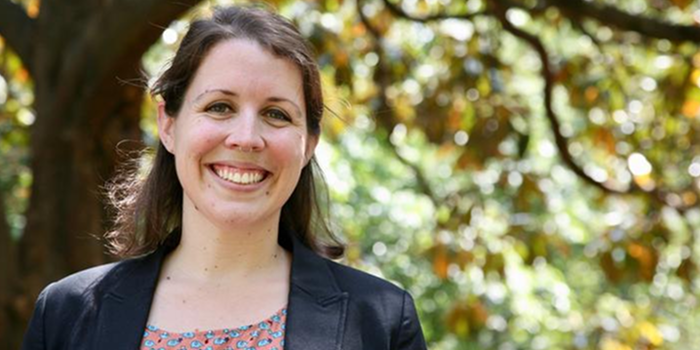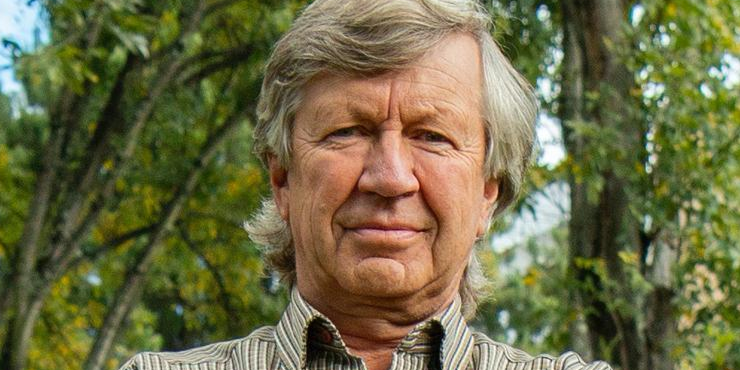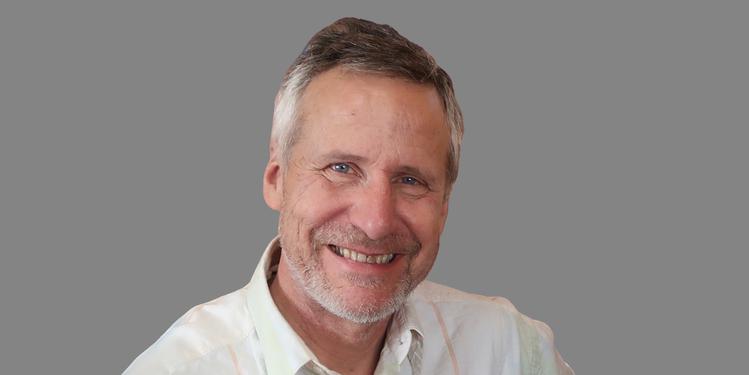Carbon Majors is a database of historical production data from 180 of the world’s largest fossil fuel and cement producers. This data is used to quantify the direct production-linked operational emissions and emissions from the combustion of marketed products that can be attributed to these entities. The earliest data goes back to 1854 and contains over 1.39T tonnes of CO2e covering 69% of global fossil fuel and cement CO2 emissions since the start of the Industrial Revolution in 1750.
Carbon Majors was originally released in 2013 by Richard Heede of the Climate Accountability Institute (CAI) in his paper titled "Tracing anthropogenic carbon dioxide and methane emissions to fossil fuel and cement producers, 1854–2010". The primary focus of this database was the accountability of hydrocarbon producers, specifically corporations that consistently generate substantial profits from the extraction and manufacturing of products recognized as the foremost contributors to climate change. Historically, emissions databases at this scale were exclusively established at the national level. Carbon Majors is the first and still the only database to aggregate emissions data on a global scale at the company level. Since its original release it has played a pivotal role in holding fossil fuel producers to account for their climate-related impacts in academic, regulatory, and legal contexts.
Carbon Majors is a platform operated by the global, nonprofit think tank InfluenceMap. It is maintained as an objective, independent source of climate attribution content for civil society groups, the media, citizens, and investors. The platform is supported by philanthropic foundations to remain open source. If you would like more information about how you can support Carbon Majors and its engagement activities (including being listed as a supporter) please email info@influencemap.org.

Emmett is a Senior Analyst on the FinanceMap and Carbon Majors research programs, leading the work on maintaining and updating the Carbon Majors database originally released by the Climate Accountability Institute. He joined InfluenceMap in January 2022, having earned his BSc in Physics at Queen Mary, University of London in 2021.

Daan leads InfluenceMap's FinanceMap program and Investor Engagement efforts, as well as the Carbon Majors program. Prior to joining InfluenceMap in 2020, Daan earned his MSc in Mechanical Engineering from KU Leuven and MSc in Management from the London School of Economics. His previous experiences in the climate space include work in the fields of sustainable finance and renewable energy.

Tzeporah Berman BA, MES, LLD (honoris causa) has been designing climate justice and environmental advocacy campaigns and advising governments for over 30 years. She is the Co-founder and International Program Director at Stand.earth and the Founder and Chair of the Fossil Fuel Non-Proliferation Treaty Initiative. She has held positions advising the British Columbia government and in Alberta she Co-Chaired the Oil Sands Advisory Working Group tasked with making recommendations to implement climate change policy in the oilsands. She holds an honorary doctorate of law from the University of British Columbia and was an adjunct professor at York University. In 2019, Tzeporah was awarded the Climate Breakthrough Award of $2 million dollars to develop a bold new global climate strategy and in 2021 she gave a widely viewed TED Talk presenting the case for a global treaty to phase out fossil fuels. In 2024, she was named among TIME’s 100 Most Influential Climate Leaders and she received Climate Scorecard Canada’s Climate Leader Award. In 2025, she was selected as a finalist for the WIN WIN Gothenburg Sustainability Award for Trailblazing Leadership, the equivalent of the Nobel Prize for environmental leadership.

Carly Phillips is a scientist with the Science Hub for Climate Litigation at the Union of Concerned Scientists. In her role, Dr. Phillips conducts research, collaborates with other experts, and helps develop a community of practice among scientists doing research relevant to strategic climate litigation and fossil fuel company accountability. She earned a PhD from the University of Georgia’s Odum School of Ecology, and a BA in biology from Occidental College.

Richard (Rick) Heede led the Climate Accountability Institute's “Carbon Majors” project, which traced emissions to major corporate fossil fuel producers. This work, published in 2013 in Climatic Change and featured in The Guardian, is now updated by InfluenceMap. Rick has analyzed emissions from fossil fuel companies' proven reserves against the carbon budget and modelled their climate impacts. He has also explored how responsible oil and gas companies can align with the Paris Agreement, identified problematic governance policies, and quantified climate reparations owed by leading fossil fuel companies. Currently, he investigates the attribution of heatwaves to specific companies and advocates for a “climate superfund” fee on carbon producers.
Founded in 2011, the Climate Accountability Institute provides a scientific basis for climate stewardship. Rick published his thesis, A Geography of Carbon, with NCAR in 1983, worked at the Rocky Mountain Institute from 1984 to 2001, and consulted with Climate Mitigation Services from 2001 to 2011.

Ted Nace is the founder and executive director of Global Energy Monitor. He is the author of Climate Hope: On the Front Lines of the Fight Against Coal (2009) and Gangs of America: The Rise of Corporate Power and the Disabling of Democracy (2005).